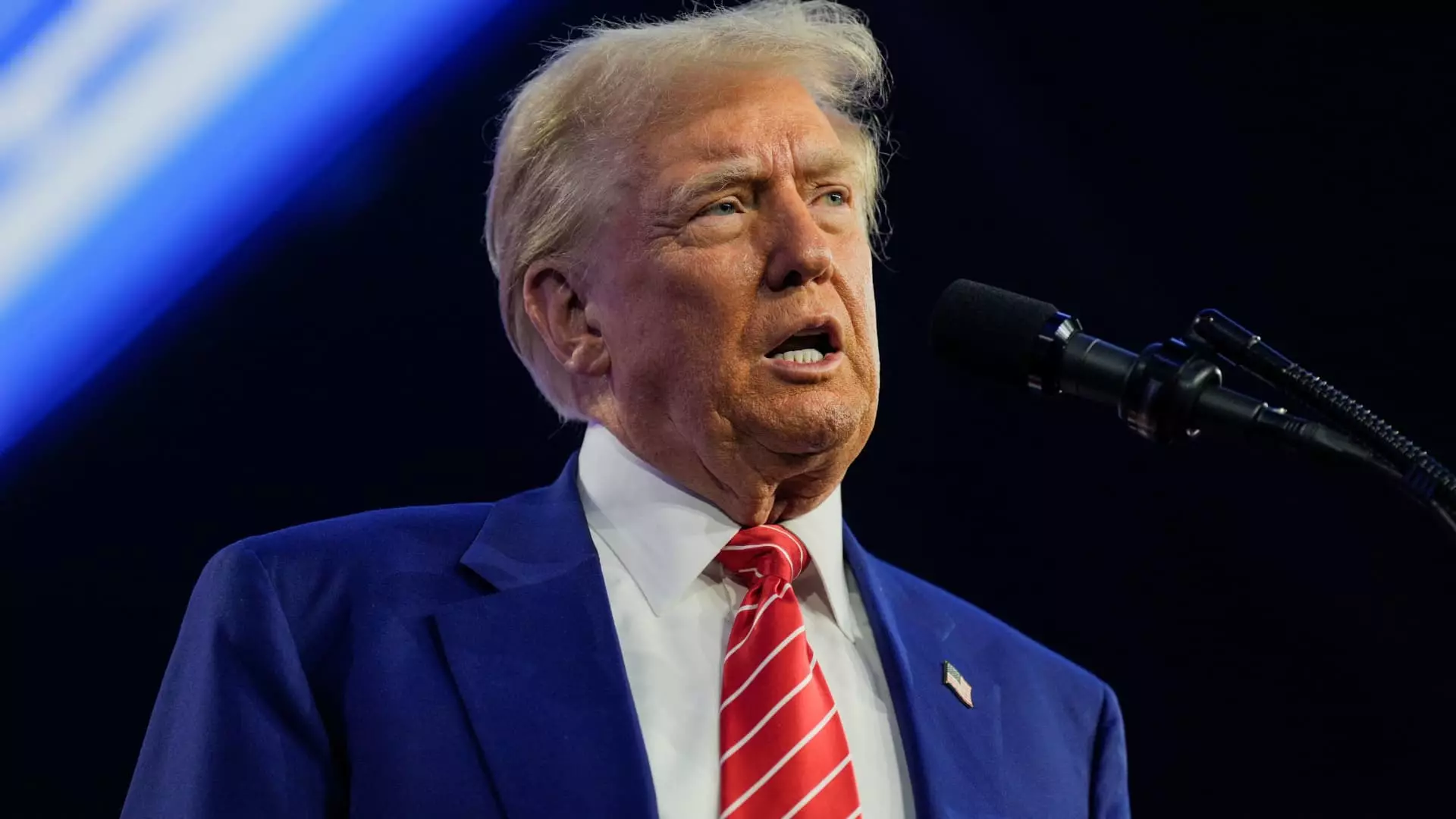The ongoing legal encounter surrounding TikTok presents a complex intersection of politics, national security, and individual rights in the digital age. The latest developments invite scrutiny not only of the legal frameworks at play but also of the underlying motivations that shape these issues. This article delves into the recent actions of President-elect Donald Trump, the bipartisan law affecting TikTok, and the broader implications of these events on American society.
At the center of this debate is the Protecting Americans from Foreign Adversary Controlled Applications Act, a legislative measure that highlights the U.S. government’s increasing vigilance towards foreign entities that might threaten national security. Passed with bipartisan support and signed into law by President Joe Biden, this act requires TikTok’s Chinese parent company, ByteDance, to divest the platform or face a total ban. This action stems from persistent U.S. government concerns that TikTok could be a conduit for the Chinese government to convert user data into actionable intelligence or manipulate user content.
Such measures pose a significant challenge not only to ByteDance but to any foreign-owned technology company operating within U.S. borders. The concern over data privacy is undeniably valid; the hyperconnected nature of today’s world leaves vast amounts of personal data vulnerable to exploitation. However, the legal ramifications also prompt fundamental questions about censorship, corporate rights, and due process.
In a surprising twist, President-elect Trump has sought a Supreme Court intervention to delay the implementation of this burgeoning law as it applies to TikTok. His legal counsel, D. John Sauer, articulated Trump’s desire to negotiate a “political resolution” rather than allowing the deadlines to dictate the discourse. By positing himself as a potential dealmaker, Trump attempts to reclaim his narrative of negotiation prowess, which he previously exercised during his time in office.
Yet, this approach raises eyebrows. Is this a strategic calculated move to align both himself with the app, which has captivated younger demographics, and to invoke a populist savior image in a high-stakes legal scenario? Trump’s prior attempts at banning TikTok were beset with difficulties, as courts thwarted those efforts on constitutional grounds, indicating the precarious balance of power between governmental authority and individual rights.
The Justice Department’s position mirrors the administration’s stance on national security, reinforcing the necessity of the law. The arguments echo past assertions—that a link between the Chinese government and a major social media platform like TikTok could endanger American users. These potential risks fortified Congressional support and led to the quick passage of the TikTok regulation.
Conversely, TikTok’s assertion that such a ban infracts upon First Amendment rights unveils the broader debate over free speech in the modern age. Social media is an integral platform for public expression, and curtailing access to a dominant player such as TikTok could set a concerning precedent. The issue becomes particularly critical when one considers that any significant ruling against TikTok could extend far beyond its usage, potentially impacting how all foreign-owned digital platforms operate in the U.S.
As the legal showdown continues, the implications for users become increasingly pronounced. The legal challenges surrounding TikTok invite users to contemplate the balance between national security and the unrestricted flow of information. It raises essential questions: Where should we draw the line between protecting citizens from real digital threats and infringing on the vibrant dialogue that social media fosters?
Moreover, the TikTok situation appears to be a microcosm of larger geopolitical tensions. With the rise of digital nationalism, it is vital to assess our regulatory frameworks practically. The conversations taking place within courtrooms today resonate beyond legal boundaries, highlighting global power dynamics and the future of technology in governance.
The legal battle surrounding TikTok encapsulates the complex relationship between governance, corporate authority, and individual freedoms in a digital landscape fraught with challenges. As this saga unfolds, the scrutiny on both political motives and national strategies will remain paramount in the shaping of future legislation that impacts not just a single app, but the very architecture of digital interaction and expression in America.


Leave a Reply